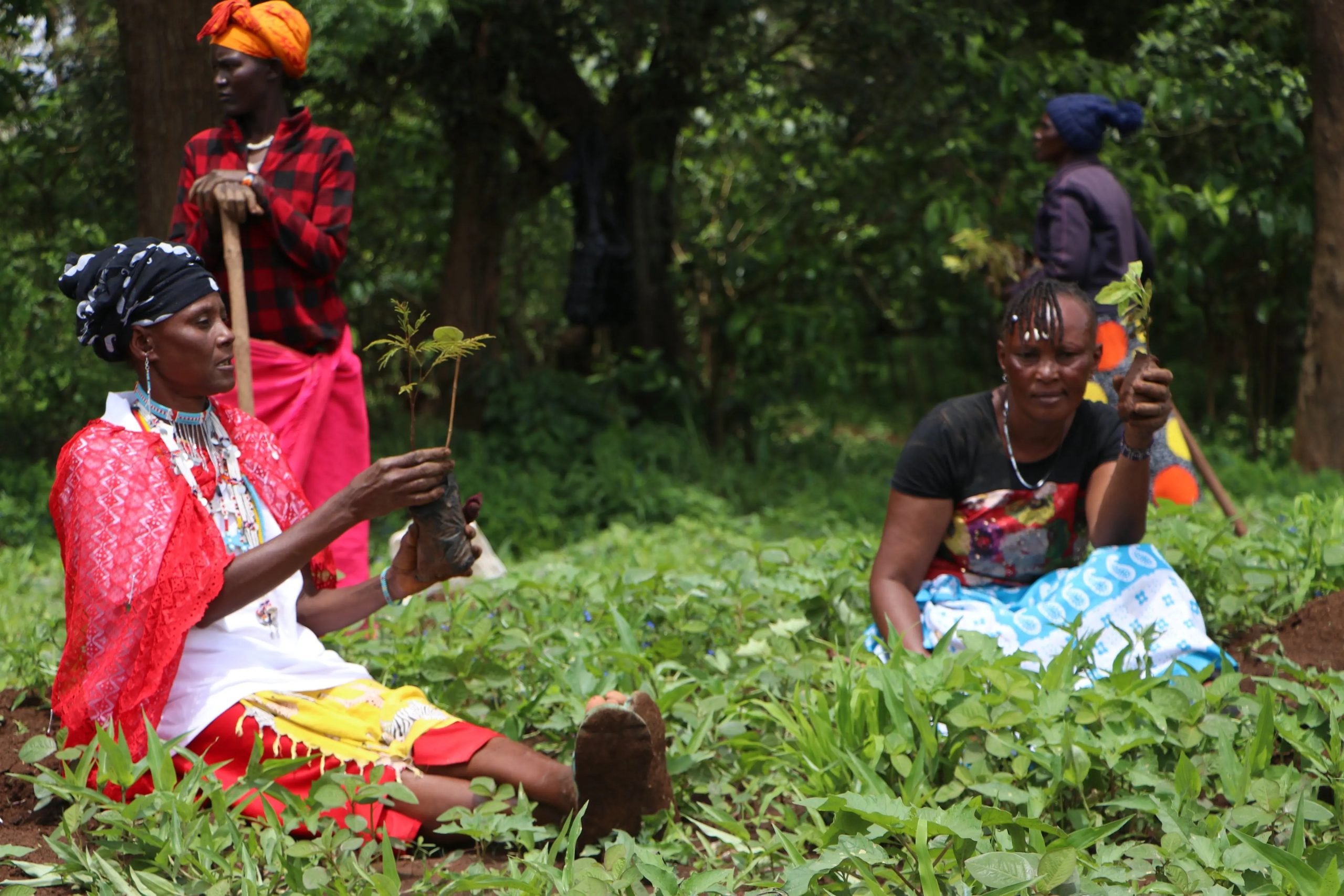
Organizations unite to address conservation, community challenges in Loitokitok
A transformative initiative to improve lives and protect the environment is set to take root in Loitokitok, Kajiado County.
Launching on Tuesday, the Loitokitok Integrated Conservation and Livelihood Program aims to tackle the region’s most pressing challenges: environmental conservation and community development.
This ambitious 10-year collaboration brings together the Ewaso Ngiro South Development Authority (ENSDA), Kerio Valley Development Authority (KVDA), Water Resources Authority (WRA), World Wide Fund for Nature – Kenya (WWF-Kenya), and the Agricultural and Food Authority.
Its mission is to help the people of Loitokitok thrive while sustainably managing their land and resources.


Dr. John Kioko, WWF-Kenya Programme Coordinator for the Amboseli-Chyulu Sub-landscape, described the program as a model for sustainable development, with the potential to strengthen communities and preserve ecosystems.
According to him, the initiative focuses on empowering local communities through agricultural value addition, livestock productivity, rangeland restoration, and improved water resource management.
“It aligns with Kenya’s Bottom-Up Economic Transformation Agenda (BETA) and Vision 2030 while contributing to global efforts like the Sustainable Development Goals (SDGs), particularly SDG 13 (Climate Action), SDG 15 (Life on Land), and SDG 2 (Zero Hunger),” Dr. Kioko explained.

This program seeks to address these issues by uniting resources, expertise, and collaboration across sectors.
Under the program, farmers will benefit from enhanced value chains for tomatoes and mangoes, improved livestock feeding systems, and increased access to water through the construction of water pans and boreholes.
Eco-tourism and green technologies to prepare the region for the challenges of climate change are also part of the initiative.
The launch will bring together local leaders, government representatives, private sector stakeholders, and development organizations, with Cabinet Secretary for the East African Community Beatrice Askul Moe presiding as the chief guest.
Inclusivity is central to the initiative, ensuring equal access to resources and opportunities for women and men.
However, special efforts will empower women through training in farming, eco-tourism, and entrepreneurship, enabling them to contribute meaningfully to their families and communities.
Loitokitok faces significant challenges such as drought, environmental degradation, and limited economic opportunities.
More than just addressing immediate needs, the Loitokitok Integrated Conservation and Livelihood Program lays the groundwork for a sustainable future by balancing community needs with environmental preservation.
